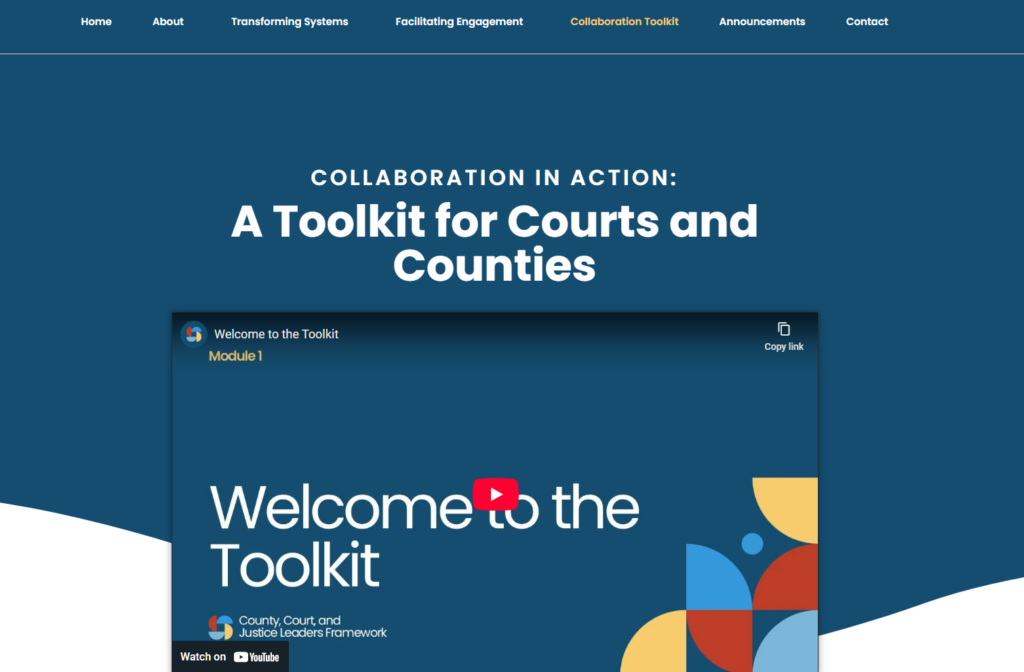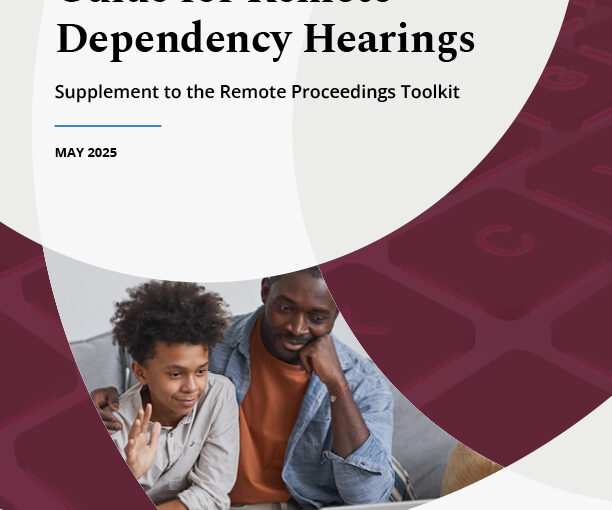The Courts in Nevada have invested in the development of electronic systems to improve transparency, accessibility and efficiency of court processes. These investments have significantly reduced the time taken from initiating a case to its final disposition. Unlike most Court processes, guardianships commence at disposition and can last for decades, for example the guardianship of a mentally disabled child.
Guardianships in Nevada are currently monitored annually with the guardian filing various mandatory reports with the court. To improve oversight, the Supreme Court of Nevada, Administrative Office of the Courts (AOC) initiated a project, funded by the State Justice Institute and in conjunction with the National Center for State Courts (NCSC), to build an online portal to monitor guardianships. Moving to an electronic platform permits the guardian, and the court to track a protected persons Health & Welfare, income, expenses and assets in real time.
This is achieved through a built-in alerts system that flags financial inconsistencies, health & welfare concerns and the timeliness of a guardians reporting to the court. Financial oversight is via PLAID, an application that connects the portal directly with a protected person’s bank accounts, credit cards and other financial accounts in real time. Inconsistencies are flagged immediately for further investigation. Health & Welfare alerts focus on exceptions. For example, failing to regularly visit a protected person, abuse of a protected person, or missing a medical appointment are flagged for follow-up. The portal uses TWILIO, a leading cloud services provider, to alert guardians and court staff when reports are due and overdue. The portal stands apart from but is linked to individual court case management systems.
“I like that the portal prepares filings for me. Now all I need to do is review and press file and it’s done.”
-A public guardian
“The direct download to the transactions file saves me over hours of work a month, and it’s accurate!”
-A private guardian
“The H&W summary report saves me from having to read through all the pages of the Annual Report, it’s real time saver.”
-A court user








